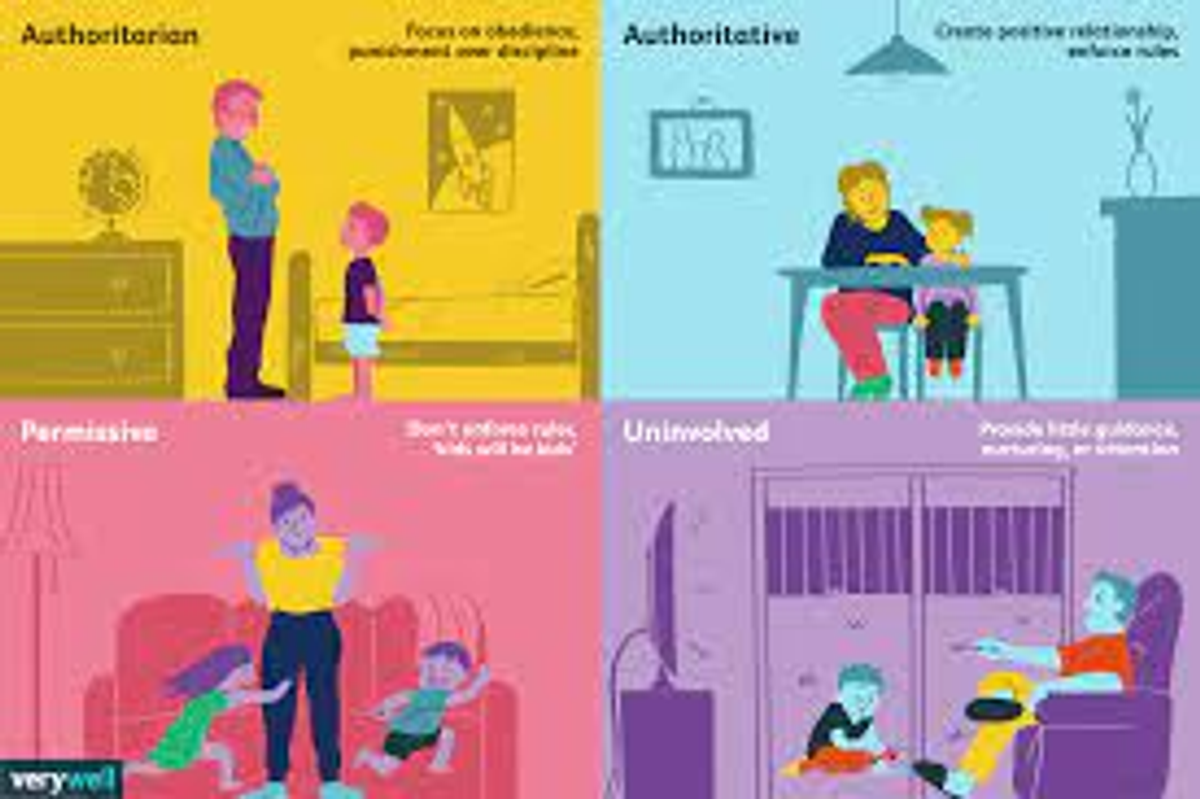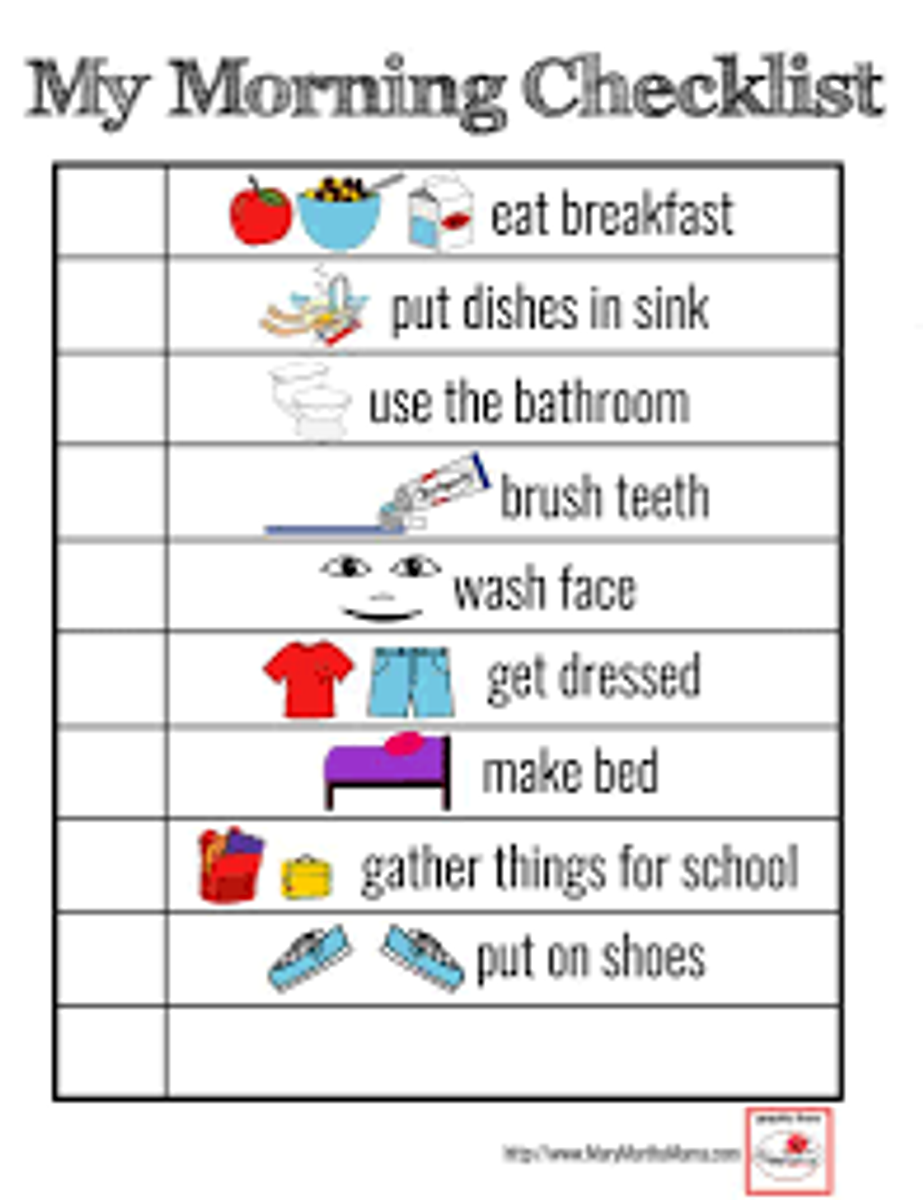Diverse Learning

Helping Boys Cope Better at School
Boys struggling in school, in the Western world, from transition to high school, is not new. Indeed, the OECD declared a ‘crisis in boys’ in the education system many years ago and things appear to be worsening.
In Australia, an increasing number of 4-6-year-old boys are being suspended or expelled for inappropriate behaviour. Boys are three times more likely to struggle with their learning and in New South Wales, boys make up 97% of the students at schools catering for children whose behaviour is untenable in a mainstream school setting. Many primary teachers have also reported that boys who have transitioned well into primary school, are disengaging much more rapidly from Years 3 to 5.
The reasons why boys are struggling more
1. The changes in schooling, particularly around curriculum expectations, are a major contributing factor to why boys struggle so much in the mainstream school environment.
One of the saddest things is that boys in schools are so often seen through a deficit lens. They are seen as problems that need to be fixed instead of seeing them as little humans whose core needs are not being met.
Biologically most learn best by moving, doing and learning by modelling in real-time from safe big people. As a former high school teacher, counsellor and mother of four sons, I have invested a lot of time and energy exploring boys and schooling. Childhood in the Name of Education and my blog Why are we still Stealing Childhood?.
The current test driven, ‘too much too soon’ push for formalised learning has been a big part of the increases in poor behaviour, lower educational outcomes, and more stress for both students and teachers and all that was before a global pandemic. It has impacted boys deeply.
Having expectations that are developmentally inappropriate is the first reason that causes our boys enormous stress and that will often manifest in behaviour. My sons, who were allowed to experience a developmentally appropriate transition to big school and play-focused freedoms within safe neighbourhoods now have professional careers in law, finance and medicine. Also, there is no research that supports starting formalised learning earlier as being a good thing; however, there is plenty that shows how it can create detrimental effects.
Dr David Whitebread writes:
“Neuroscientific studies have shown that playful activity leads to sign up to growth, particularly in the frontal cortex, the part of the brain responsible for the uniquely human higher mental functions. In my research in the area of experimental and developmental psychology, studies consistently demonstrated the superior learning and motivation arising from playful, as opposed to instructional, approaches to learning in children. Perhaps most worrying, a number of studies have documented the loss of play opportunities to children over the second half of the 20th century and demonstrated a clear link with increased indicators of stress and mental health problems.”
Dr David Whitebread, School Starting Age: The Evidence. University of Cambridge. 2013.
2. Our children are turning up to school as 5-year-olds, less capable and less resilient than previous generations.
According to the Australian Early Development Census the national average of children with developmental vulnerabilities is 21.7%, (2018) however it is much higher in communities of lower socio-economic status and much lower in wealthier communities. Boys and indigenous students are statistically more prone to developmental challenges.
Long-term early childhood educators have been telling me for a while that today’s 5-year-olds are noticeably arriving in our school systems with these four challenges:
- less oral vocabulary
- poorer fine and gross motor skills
- poorer self-regulation
- an inability to initiate and sustain play with other children.
It seems these challenges are appearing across the board, not just in our more vulnerable children. If our children are arriving at big school less capable and less mature than previous generations, how can they possibly cope with the curriculum that has been pushed down? Seriously, a push-up of the curriculum would be a much wiser decision and can work well, as is shown in Finland.
The research is quite strong that a statistically significant number of little boys are later in developing their language skills, their fine motor skills, and their ability to integrate left and right brain processing and they can seriously struggle with remembering things they don’t deem important. If you have had a boy interested in dinosaurs, you will know how good their memory can be! Not only that, but in environments where they do not feel valued or safe, they can struggle following directions and maintaining focus.
3. Technology is definitely impacting the healthy growth and development of our little ones, especially our boys.
You may have heard of the ‘displacement effect’. Well, it means that by using screens our children are not doing the things that previous generations have done which support their healthy childhood development – things that really matter. Passivity is contributing to many delays in child development and allied health professionals are reporting that to me frequently. The ability to sit in a chair without falling out for a considerable period of time, is shaped by hours of autonomous, highly active play outside in the real world. There has been a significant increase in myopia, because children’s eyes need to be exposed to the outdoors, so that they can strengthen the capacity to focus on things at different distances.
The digital world – which our boys access, often frequently and for long periods of time, especially on handheld screens – has displaced the value of children playing with other children. One of the ways that children learn how to navigate their emotional and social worlds is through play. Better still, frequent play with multi-aged children, with freedom and autonomy. This is the way mother nature intended our children to learn how to be human. Screens cannot teach these things. Many of our children, especially boys, are struggling with self-regulation when they feel frightened, sad, incapable and misunderstood in our schools. There has been an epidemic in children’s anxiety over the past 10 years and some of the symptoms that can be misdiagnosed are restlessness, fidgeting, angry outbursts, oppositional and refusal behaviours, temper tantrums, aggression, attention-seeking behaviours, hyperactivity, silliness and difficulty sitting still.
Given that boys often use their physicality to express their emotions, rather than words and often in the heat of the moment, this behaviour is highly impulsive and has no intention to hurt, yet they are punished. Neuroscience is starting to show that screen use is contributing to a higher need for instant dopamine arousal, an inability to focus deeply, delayed growth of the executive functioning brain and a hunger to be entertained as much as possible and instantly.
Finally, allowing our boys freedom to roam the highways of the digital world can expose them to the dangers of viewing extreme violence, pornography, copycat behaviour (especially in a risky context), grooming and online abuse. All of these are extremely damaging on the immature and fragile developing brain of all children. Please limit the use of screens in your homes and monitor their activity so they are not abused or harmed.
4. Parenting has changed and it needed to. Being an effective parent can be tricky in a world full of too much parenting information.
When children come from a home where the parenting style is authoritarian and children are controlled through fear, they often bring that harsh, bullying behaviour to school with them. When children come from a home with a parenting style that is submissive, and they have not had any boundaries or been taught to be accountable for their actions, they tend to bring those disrespectful attitudes to school. Children need to be parented with a combination of firmness, and unconditional love. Dr Ross Greene, who is a leading expert in understanding what drives difficult behaviour in children argues strongly,
“Children will behave well, if they can.”
The same goes for our boys. Boys need discipline rather than punishment because discipline is about holding boundaries and teaching and guiding with a warm heart not just punishing the behaviour you do not want. Indeed, punishment only has a temporary benefit in terms of behaviour, however, it damages the relationship that underpins everything. Children are much more motivated to follow the directions of their key caregivers if they are strongly bonded to them.
So the following suggestions are aimed at parents of boys who struggle in the school environment.
Tips for Parents
Many of the unhelpful social norms around boys are unhelpful in raising boys who can manage in structured environments outside of their homes. The biggest social norm that we must destroy is that boys are tough. This is one of the reasons that little boys are spoken to more harshly, punished more harshly, shamed more often, especially in our classrooms and often made fun of or ignored. In my bestselling book Mothering our Boys and in my chats with Sarah Konowski and Richard Fidler on the ABC podcast Conversations I explore how fragile boys can, be especially emotionally, and how this impacts their social development.
If you can possibly give your son more time to shine, to mature and to develop his emotional and social world before starting school, please do it. Full-time schooling can be too much for many little boys, and yet there is nothing wrong with them. It is the system that is wrong.
Our little boys are still being hit, hurt, shamed and made to feel bad, stupid or naughty, partly because of old social norms. When this happens often, they create a mindset that will influence their expectations around their behaviour and will quite frankly crush their little spirits and damage their hearts. So even if something happens accidentally and spontaneously, they will see that they have behaved badly. This message happens in homes and schools.
What happens when someone has spoken harshly or unkindly to you? How does that make you feel? Well, for a little boy who has a very immature prefrontal cortex who is shouted at, teased, made fun of or put on the naughty step or in the naughty corner or maybe has his name written in red on the board – the emotional pain can be intense, and that pain creates distress that will need to be expressed in some way. This will trigger the fight-flight response because he is in a battle for survival and there is nowhere safe for him. Acting out behaviour is quite easy to identify as there will be a verbal or physical response, or a meltdown. According to Polyvagal theory, this is known as the ‘red pathway’ and it is one that most of us are familiar with around children’s behaviour.
Another way of coping is the ‘blue pathway’, where with no conscious intention, children shut down. When boys shut down, in response to heightened stress, they can appear drowsy or tired, their body may look slumped and slouching and they can struggle to hear or concentrate, and will look like they are deliberately daydreaming and choosing not to do their work.
Many of our neurodivergent children struggle the same way that many of our boys do. Indeed, one of the reasons why girls are not diagnosed as easily as boys, is that they tend to shut down rather than act out when they are distressed. It is still a stress response to an unsafe environment and they need help, not punishment.
Not listening?
Girls tend to process verbal communication more efficiently than boys and often boys learn to just ‘glaze over’ or zone out. They also tend to be more single focused and when they are absorbed in doing something, whether that be building something with Lego, digging a tunnel in the mud, or jumping vigorously on your couch, they can genuinely not hear, especially if you are calling from a distance, like across the room or from another room.
So many boys endlessly hear the word ‘don’t’ and they tend to learn to zone that out too. What happens when I say “don’t think of the blue elephant?” My top tip on getting your boys to hear and really listen, is to connect with them before you direct them. Come close to them, ruffle their hair, give them a high five, rub them on the back and then make your request not give a command! No one likes being told what to do. If you can, use as many non-verbal cues as possible. For example, if you want your son to put his hat on call him an endearing name,’ ‘hey bud,’ point to his hat and then point your head as though you’re putting a hat on. Seriously, having these visual cues and reminders is incredibly important. Creating a visual reminder chart with your son, especially for getting ready in the morning before school, can really help!
Micro-connections and gentle coaching
One of our boys’ biggest fears is that their safest people, usually their parents, will reject them and stop loving them, especially if they struggle with their behaviour. Not all boys respond to the same messages of love and affection as others. Working out the micro-connections that help your son feel loved is incredibly important. Please use names of endearment more often, even when he is a grumpy teen. If you’ve not used my bedtime ritual, it has been incredibly successful for so many little boys around the world who now feel more secure in their parents’ love. Having a secure attachment or strong bond from at least one safe grown-up is the key to improving our boys’ behaviour both inside and outside the home. Boys who have unloving home environments, who experience family violence or trauma of any kind, will struggle much more in school environments as well.
We must accept that the high degree of physical impulsivity, a tendency to be forgetful and more disorganised than little girls, is not a sign they are doing this deliberately. Every human hates to fail and for our little boys, they can struggle deeply when they upset their parents by making poor choices. Please help them when they muck up, to gradually learn that making better choices is possible. That they are not bad, or naughty or stupid.
If you are able to use this process over and over again, your son will gradually learn that he needs to be accountable for his choices, even if they are impulsive.
Instead of shouting at your son when he does something wrong, or punishing him, which is exactly what would have happened for little boys who are now fathers, keep in mind that you, the parent, are the most important teacher in your son’s life. You must teach him about the concept of the line in the sand even though he will struggle to fully understand it until he is much older. He needs lots of gentle coaching rather than punishment to be able to make better choices consciously as he grows older.
Morning routines
One of the most stressful things that can happen in the morning, is the endless nagging to get your son ready. Right from when they transition to big school and into middle school, work with your son to have as much done as possible the night before. Some parents have found having a basket or box, where things get put the afternoon before can be really helpful. Yes, you will need to remind him to put his uniform, shoes, socks, library bag, any finished homework into that basket before going to bed.
Please don’t do it for him all the time, do it with him so he learns how to get organised.
A simple to-do list on the side of the fridge or bathroom mirror, can really help as well! When he asks where something is, you remind him, it is already in your basket. He may have forgotten he did it the night before! The less stress that our boy’s experience in getting ready for school, the better they will transition to school. Given that they do tend to be more forgetful and less organised than girls, is just a sign that it’s an area we need to work with them to improve, rather than get frustrated and punish them for not mastering!
Friendships and Positive Teacher Relationships
One thing that can really help little boys even if they are struggling academically, is having friends. Making friends is not easy on boys, and prioritising ways and means of doing that outside of school can make a world of difference. Indeed, for many boys, friendships can be quite fragile.
As your son transitions to big school, or anywhere in primary school, do everything you can to facilitate a positive relationship with their teacher. Remember, just the same as in every profession in the world, there are exceptional teachers, good enough teachers and yes, there are a few lemons. Your son will hear how you speak about his teacher and he can be influenced by these words. Speak positively about education and learning, and reassure him that while it might be difficult at times, it is really worthwhile. Around eight years of age, most girls and boys will have the same level of maturity and ability to do well at school. However, if they have developed a negative mindset to school and learning, this will hold them back.
Your teacher is doing the best they can, under an overloaded and often developmentally inappropriate curriculum, with an excessive amount of pressure around testing and accountability. These things are mandated for your teacher, which means they have to do things that they may not professionally agree with.
Be mindful of respecting the boundaries of their lives. As many of them are parents too. Please inform your teachers of major changes in your home environment that could cause some fragility or extra stress in your boys’ emotional world.
If you have serious concerns about how your son is going, please make an appointment to see the teacher at a time that works for them.
We must recognise that with a class of up to 30 students, it can be difficult to meet the unique needs of every student, every moment of the day. However, communicating concerns and listening respectfully, is the best way forward
The BIG THREE: Healthy Food, Screens and Sleep
The last three things that you can do as a parent that can help your son in the classroom may seem unimportant, however, they are huge. The human brain needs good quality food to be able to function well. If you fill the lunchbox with too much processed food, and too much added sugars, the brain will struggle to focus in the classroom and it does impact mood and behaviour in a negative way. Needless to say, a healthy breakfast is a fabulous way to start any day.
The second thing is that using screens before school can have a detrimental effect on learning. If you want to have the brain in the best state for learning, work out some way that your son can have 20 minutes of heightened heart rate activity or exercise before he steps into the classroom. This gives the brain a healthy dose of dopamine that can sustain his concentration and ability to maintain engagement. Walking to school, riding to school or spending 20 minutes running around a park, will set your son up for a good morning of learning.
The third most important thing is that good sleep really matters. It influences everything from the processing of new learning, to the preparation of new learning spaces for the next day, mood, energy levels and the healthy rejuvenation of cells in every part of the body. Please prioritise a good night’s sleep for all children and have good boundaries around the sleep routine in your home
Written by Maggie Dent (Summarised)
Full version:
Ms Janelle Schembri | Learning Support








